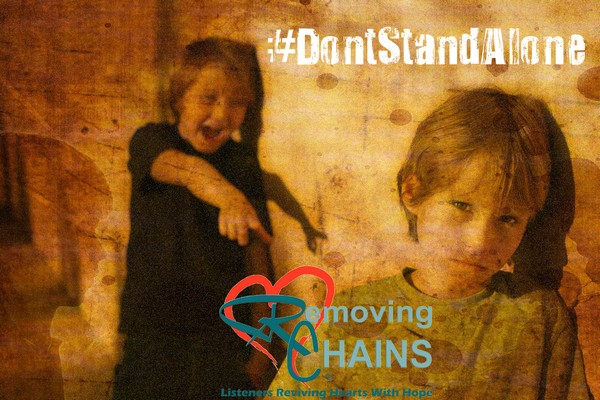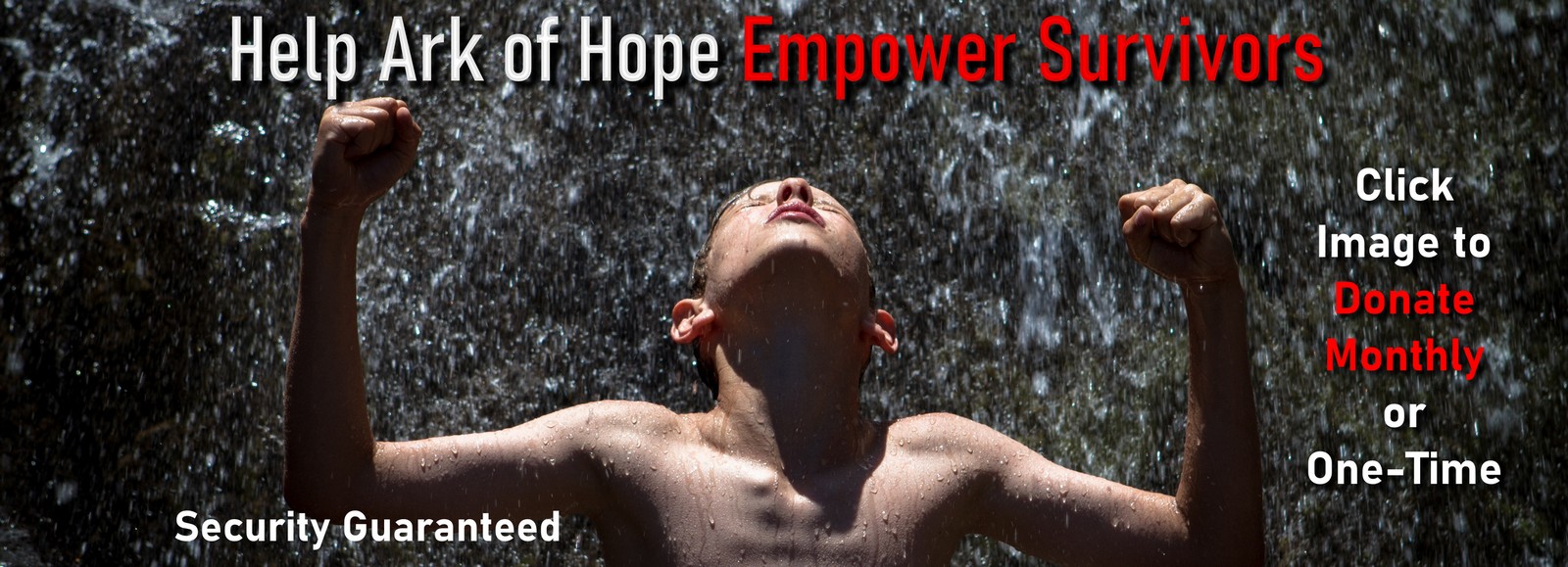How to Support a Bullied Child
Ways to help support, deal with, and overcome bullying
Guest post by Carl McLean of MomBible.
According to the U.S. Department of Justice, 160,000 kids per day do not attend school for fear of being bullied. This is a terribly sad statistic. These children live in a state of fear and dread of the physical, verbal, and mental aggression they face each day.
HOW DOES BULLYING AFFECT A CHILD
Those who do attend school go around in a chronic state of anxiety and depression. The long-term effects of bullying and living in this state of mind of anxiety and depression can be catastrophic to a child. If they are left in this toxic environment, it will affect them; possibly for the rest of their lives.

Prolonged exposure to bullying can have detrimental effects on a child’s self-esteem and their ability to trust. They can have trouble forming good relationships and are at a higher risk for substance abuse.
We all need to take an active role in preventing bullying. Sometimes, recognizing a bully is easy but there are other times when it may be less obvious.
LEARN TO RECOGNIZE BULLYING
Educate your child as to what bullying looks like. Teach them to recognize it when they see it and to not be afraid to call it what it is. Let them know that when another person makes them feel afraid, ashamed, weak, or if they want to get away from that person, that person is bullying. Tell your child to talk to you if they see anyone making fun of another person or making them feel left out. If you suspect that your child is being bullied, talk to them.
Let them know that they are not the problem. Any time another child bullies, it is that child that has a problem. If a child bullies, something is wrong in that child’s life. Perhaps they are also the victim of bullying. Many bullies come from dysfunctional families. They are often jealous of the person that they are bullying or are looking for attention. They may be prejudice or have trouble regulating their emotions and, therefore, their actions.
Teach your child to value themselves by showing them how much you value them. Tell them every day that they are strong and that they have power over their own lives. Above all, let them know that they are loved.
Teach them to talk to you by talking to them.
TAKE ACTION AGAINST BULLYING
Tell them you will handle it and do so. Speak to the other child’s parent and their teacher. All of the adults involved should be aware of the situation and the goal should be to work together peacefully to resolve the issue. If you attempt to solve the problem peacefully with the other adults but the other child still bullies, go to a higher authority; to the principal, the superintendent, or whoever you must to stop the problem.
Find practical ways to help your child avoid the person. Do not think that it will get better. Do not think that it will simply go away. Stand in the gap for your child as their protector and fight for them. Don’t expect them to fight for themselves. Once they see that you are there for them, they will begin to get the courage to stand up for themselves in the future, but for today, they need you to do everything that you can to stop it.
TEACH THEM TO OVERCOME BULLYING
You can’t be there with your child all of the time so it is important that you teach them what to do when they come face-to-face with a bully and there is no one else to help them.
One way that you can help your child to feel empowered when they have to face a bully, is through role-playing with your child. If they can face the situations in a safe environment before it happens, it will help them to be prepared to stand up for themselves when the time comes.
Think of different scenarios when bullying may happen. (on the bus, at recess, walking home, etc.) You play the role of the bully and help your child to know what to say and do. Help them to find their voice and feel confident. Don’t worry if your child can’t do this activity and still feels timid. It is not important that they stand up to the bully, only that they know they can and that they feel loved, supported, and are surrounded by people that they can trust.
Teach them to assertively say, “No. Stop doing that.” Or “I am telling a grownup and you are going to get in trouble.” Tell them that it is never “tattling” if someone is getting hurt or feeling scared. Teach them that bullying is very wrong and that they have a voice and it matters. Teach them that if they speak up, someone will listen.
TOGETHER WE CAN ALL MAKE A DIFFERENCE
If you are reading this and realizing that your child is the bully, that doesn’t make you a horrible parent. In fact, just the fact that you realize the problem exists means that you can be a part of the solution. You have the power to put a stop to it now before anyone else suffers. You can make a difference, too.
Understand that you need to give your child boundaries and consequences and require them to apologize for their actions. This will be good for them and the child that they hurt.
Even if your child is not the victim of bullying or a bully themselves, educate them about what bullying looks like. Teach them to stand up for anyone that they see being bullied and to tell an adult. Often, kids can make more of a difference than adults can within the circle of their peers.
If we all don’t take a stand for these kids, then who will? Stop waiting for someone else to take action and









